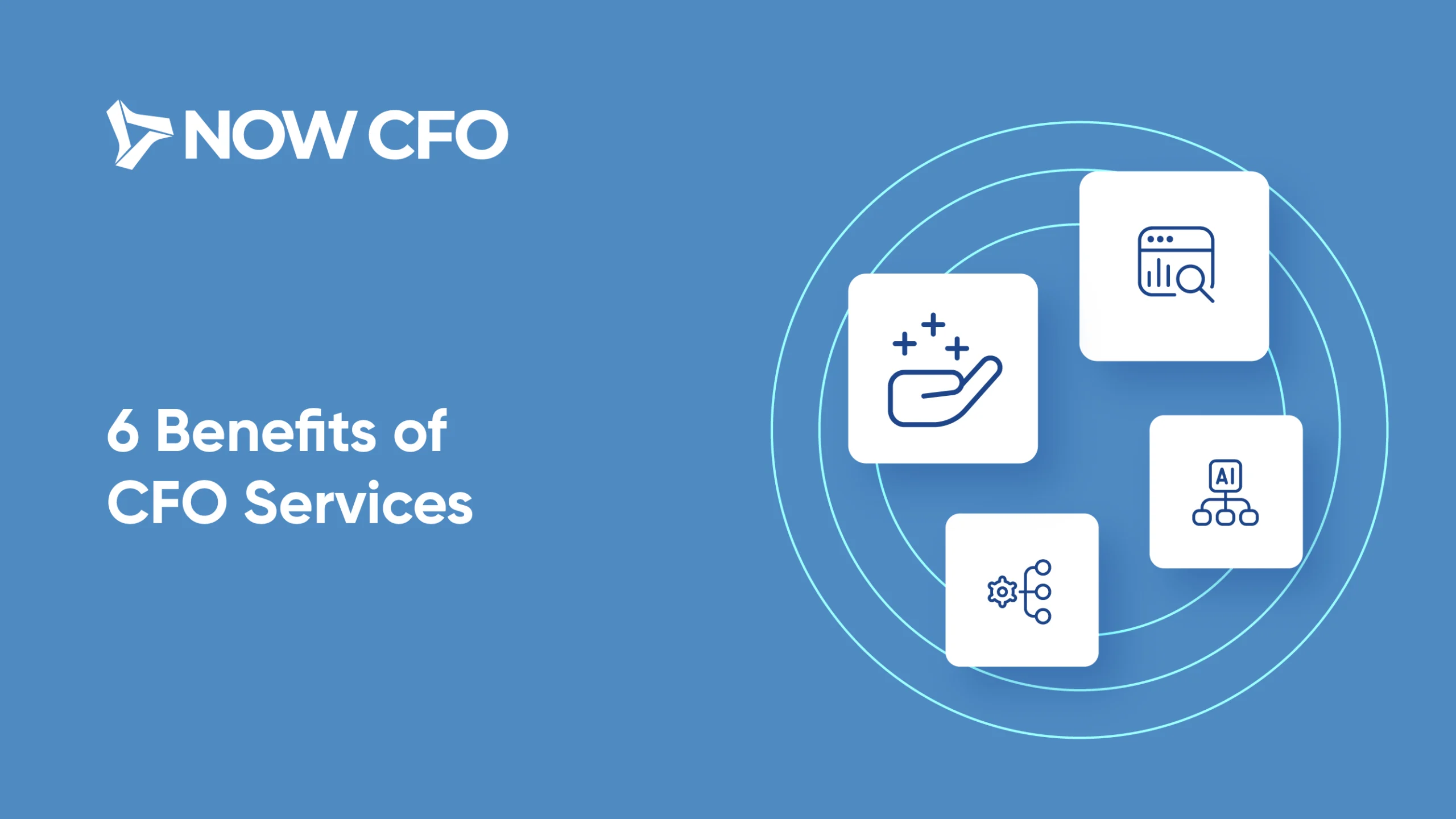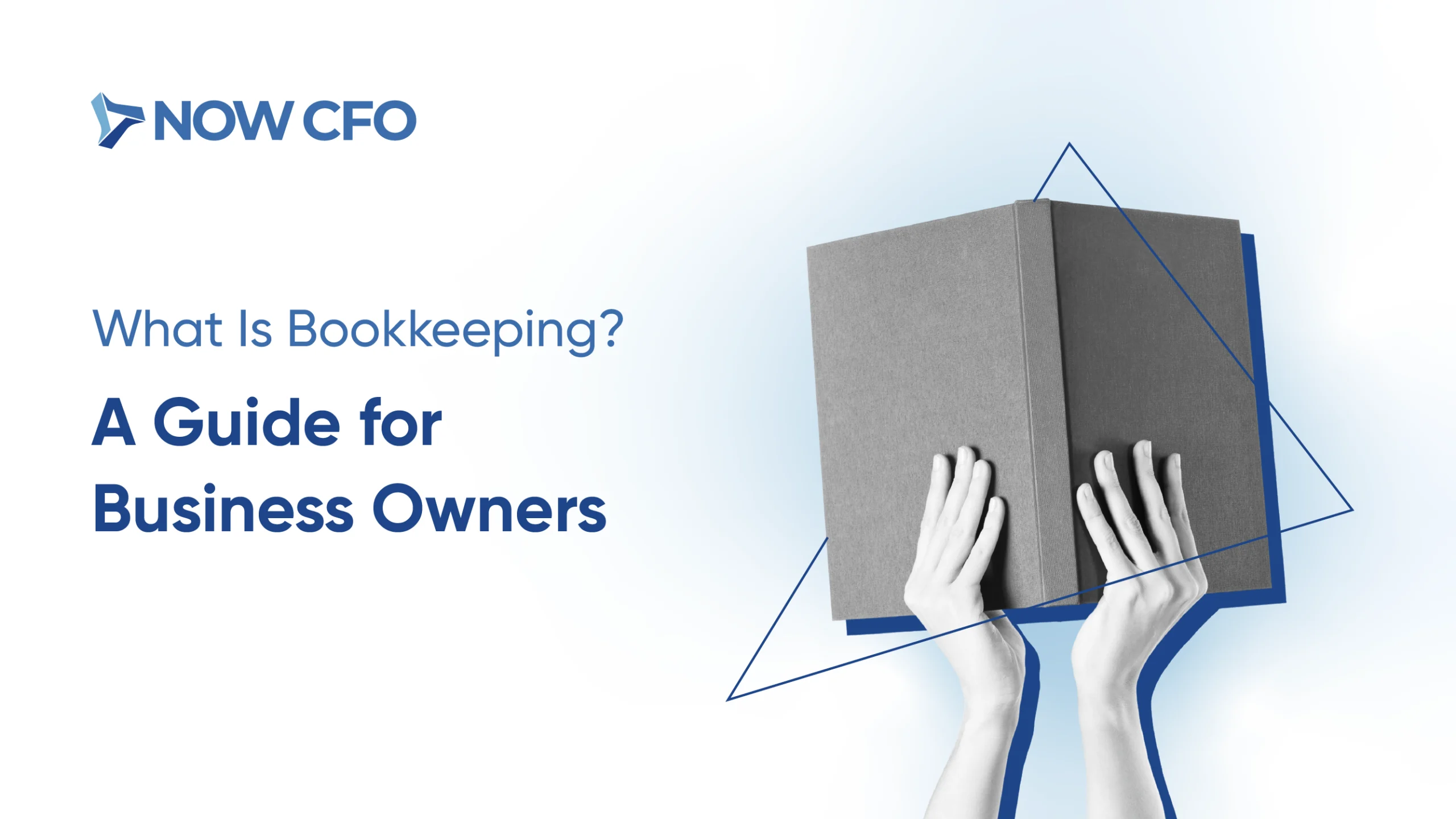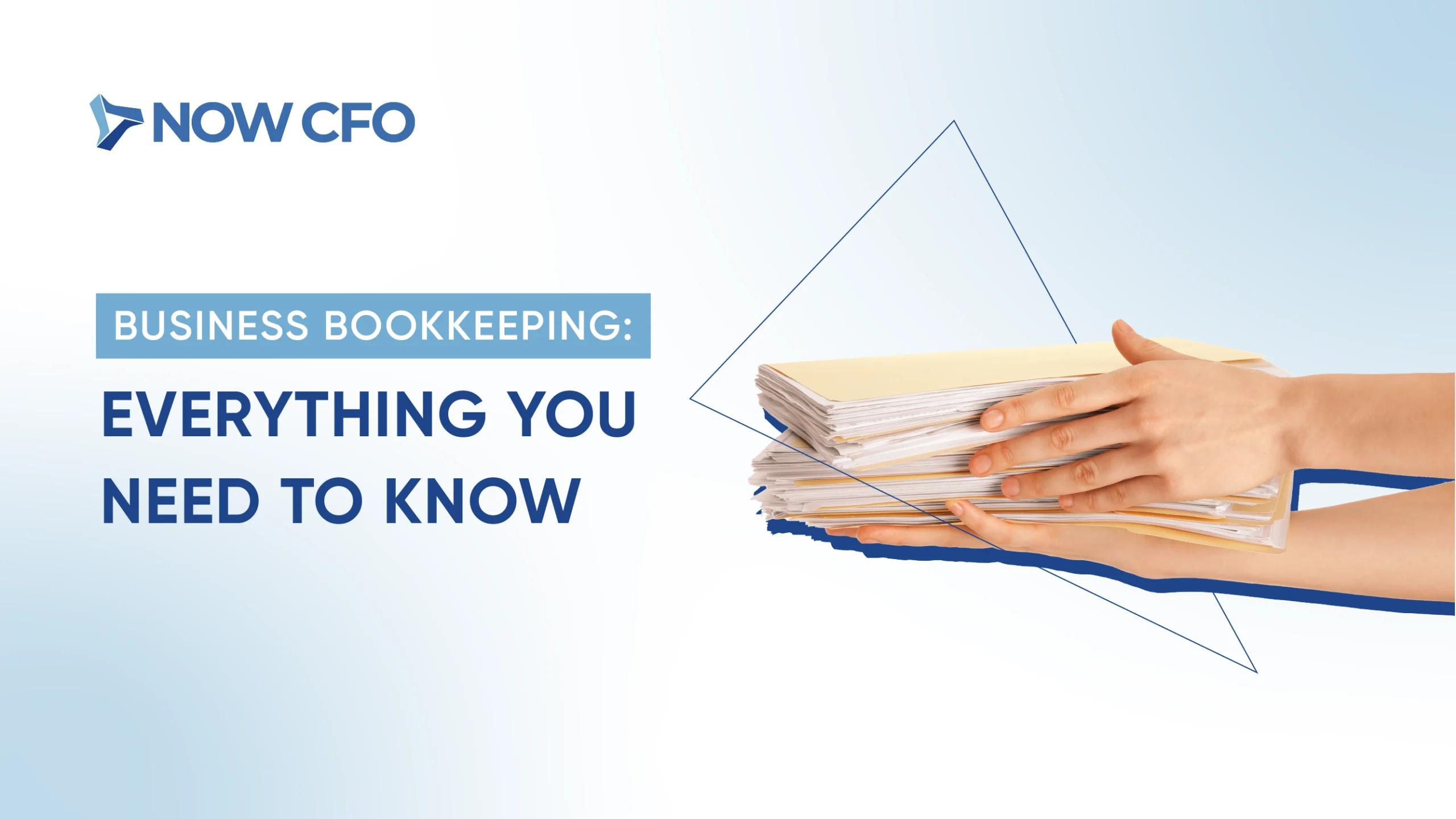
In the complex world of business operations, one term can often bring a mix of anxiety and necessity to the forefront: audit. Navigating the audit maze requires more than just a reactive stance; it demands proactive preparedness and a deep understanding of what audits entail, their types, purposes, and the strategic approaches businesses can adopt to survive and thrive through them. This post aims to clarify audits for the uninitiated, providing smart strategies for business preparedness that ensure compliance, financial accuracy, and operational integrity.
Understanding Audits
At its core, an audit thoroughly examines a company’s financial records, compliance with regulations, and adherence to internal controls. Audits can be classified into several types, each serving a distinct purpose and requiring specific preparations.
- Financial Audits: Financial audits involve verifying a company’s financial statements and records to ensure they are accurate and per accounting standards. External auditors often conduct these, objectively assessing a business’s financial health and reporting practices.
- Compliance Audits: Compliance audits assess a company’s adherence to regulatory requirements and laws. These are crucial for highly regulated businesses, ensuring they meet external standards and avoid legal penalties.
- Internal Audits: Unlike external audits, internal audits are conducted by the company’s audit department. They are a self-check mechanism to identify internal weaknesses and improve efficiency, controls, and compliance processes.
- External Audits: External audits are done by external entities, providing an unbiased evaluation of a company’s financial status, compliance, and control environments. These audits offer valuable insights and validation for stakeholders outside the company.
Understanding these audits is the first step in preparing for them. Each type of audit enhances transparency, accountability, and compliance, making them indispensable tools for business integrity and success.
Pre-Audit Preparation
Preparation is key to navigating the audit process smoothly. Here are strategies to ensure your business is ready when audit time comes around.
- Maintain Organized and Accurate Financial Records: Efficient audit preparation starts with impeccable financial record-keeping. Businesses should ensure every transaction is accurately recorded and easily accessible, leveraging accounting software and regular staff training to uphold these standards. This foundation simplifies the audit process, allowing for swift retrieval of transaction evidence.
- Understand Relevant Laws and Regulations: A thorough grasp of applicable laws and regulations is crucial. Businesses should integrate legal compliance into their operational frameworks, possibly with the help of legal experts. Regular compliance training for employees reinforces a culture of adherence to these laws, ensuring the company remains on the right side of regulations.
- Develop Internal Controls and Processes: Effective internal controls and processes are essential for preventing and detecting errors or fraud. The following controls also demonstrate to auditors that the company is committed to maintaining a robust compliance and financial reporting environment:
- Risk Assessment: Regularly assess internal and external risks that could impact financial accuracy and compliance, adjusting controls as necessary.
- Control Activities: Implement specific actions such as approvals, authorizations, verifications, and reconciliations to mitigate identified risks.
- Information and Communication: Ensure that information related to policies, procedures, and compliance is communicated effectively throughout the organization. This can involve regular training sessions, memos, and access to a centralized repository of information.
- Monitoring Activities: Establish ongoing or periodic reviews of the internal control system to ensure it is operating effectively and make adjustments as needed.
Documentation Best Practices
Documentation plays a pivotal role in substantiating transactions and demonstrating compliance with regulations. Here are some best practices to consider:
- Keep Comprehensive Records: It’s vital to document all financial transactions, including sales, purchases, and payroll, along with contracts and regulatory communications. A checklist for document types can ensure nothing is overlooked. This thorough record-keeping supports both audit preparedness and strategic financial planning.
- Organize Documents Effectively: Adopting an electronic document management system (EDMS) can streamline document storage, indexing, and retrieval. Implement a standardized filing system that categorizes documents by type or financial year for easy access. This organization aids quick retrieval during audits and enhances overall efficiency.
- Retention Policies: Different documents have varying legal retention periods. Establish a clear retention policy that outlines how long each document type should be kept based on legal requirements. Regularly review and securely dispose of documents no longer needed, ensuring electronic records are backed up and accessible for their required retention period.
Implementing Internal Controls
Internal controls ensure the reliability of financial reporting, compliance with laws and regulations, and effective and efficient operations. Here are examples of effective controls:
- Segregation of Duties: Divide responsibilities among different individuals to mitigate the risk of errors and fraud. This means separating the processes of transaction handling, reconciliation, and approvals across multiple employees to ensure checks and balances.
- Access Controls: Limit access to financial systems and data through strong password policies, multi-factor authentication, and regular audits of access privileges. Ensure employees only have access to the resources necessary for their roles, adjusting these permissions as roles change.
- Regular Reviews: Conduct periodic financial and operational procedures audits to verify compliance and efficiency. These reviews should encompass financial transactions, policy compliance, and operational efficiency and effectiveness checks.
Dealing with Auditors
Interacting with auditors is a critical component of the audit process. Here are tips to facilitate a smooth audit:
- Prepare for Meetings: Preparation is key for auditor meetings. Ensure you understand your financial statements well, organize relevant documents in advance, and align your team on potential questions auditors might ask. This readiness demonstrates your commitment to a transparent and efficient audit process.
- Expect Questions: Be ready for in-depth questions from auditors about your internal controls, financial estimates, and compliance measures. Respond honestly and provide evidence when needed. If a question requires more information, promise to follow up with details promptly. This approach not only builds trust but can also highlight areas for improvement in your operations.
- Facilitate Transparency and Cooperation: Promote an atmosphere of openness by proactively disclosing any issues and being responsive to auditor requests. Ensure key personnel are available to discuss specifics, which helps foster a cooperative relationship. This strategy reduces misunderstandings and makes the audit process smoother and more productive.
Navigating the audit maze can be a manageable endeavor. Businesses can confidently approach audits with a solid understanding of the types and purposes of audits, coupled with strategic preparation and best practices in documentation and internal controls. Remember, audits are not just about compliance; they are opportunities to improve business processes, enhance financial integrity, and ensure regulatory adherence. By adopting these smart strategies for business preparedness, your company can navigate and master the audit process.










